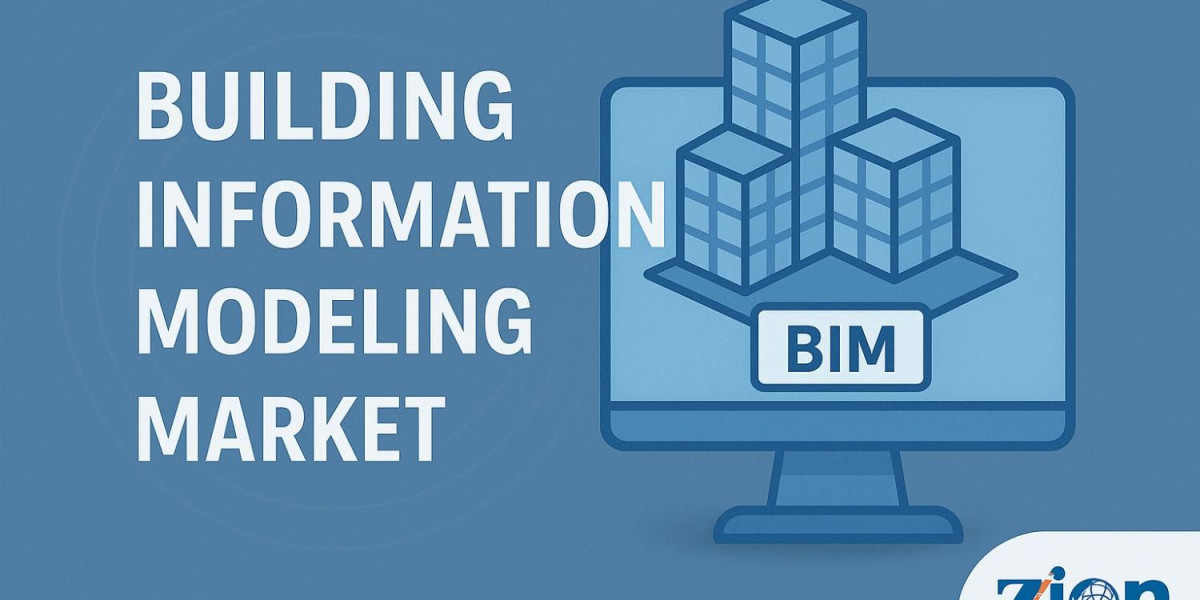Education has always been the foundation of progress in any society. For Muslims, who once led the world in science, philosophy, and literature during the golden age of Islamic civilization, education remains a sacred duty. However, by the 18th and 19th centuries, the Muslim world, particularly in South Asia, experienced a severe educational decline due to political instability and colonial domination. At this critical juncture, visionary Muslim leaders recognized the urgent need to revive education and modern learning among Muslims to compete with the rapidly changing world.
The role of Muslim leaders in promoting modern education has been monumental — they acted as reformers, thinkers, and educators who bridged the gap between traditional Islamic teachings and contemporary scientific knowledge. Their contributions laid the intellectual foundation for Muslim societies’ modern transformation and progress.
Historical Context: The Decline and Awakening
After the fall of the Mughal Empire in the Indian subcontinent, Muslims faced a period of great socio-economic and educational decline. The British colonization of India brought drastic changes to the educational system. The English language and Western curriculum replaced traditional Islamic education, creating an imbalance that left the Muslim community behind both politically and economically.
Many Muslims were hesitant to accept Western education, viewing it as a threat to their religious and cultural values. However, visionary Muslim reformers soon realized that rejecting modern knowledge meant exclusion from progress. To uplift their community, they sought to reconcile Islamic teachings with modern sciences, emphasizing the compatibility of faith and reason.
This awakening marked the beginning of a new era in Muslim education, led by pioneers who dedicated their lives to transforming the mindset of the community.
Sir Syed Ahmed Khan: The Pioneer of Modern Muslim Education
Among the most influential figures in this educational revolution was Sir Syed Ahmed Khan (1817–1898). A visionary scholar and reformer, Sir Syed understood that education was the key to Muslim revival in British India. After witnessing the devastation of the 1857 War of Independence and the widespread poverty among Muslims, he concluded that ignorance was their greatest enemy.
To change this, he advocated for modern, scientific education that would empower Muslims to regain dignity and progress. He founded the Muhammadan Anglo-Oriental College in Aligarh in 1875, which later evolved into Aligarh Muslim University (AMU) — one of the most prestigious institutions in the subcontinent.
Sir Syed’s educational philosophy was based on three principles:
Modern scientific learning must complement religious education.
Muslims should actively participate in political and social reforms.
Education must produce not only scholars but also responsible citizens.
He also established the Scientific Society, which translated Western works into Urdu, making knowledge accessible to ordinary Muslims. His tireless efforts earned him the title “Architect of Muslim Modern Education.”
Allama Muhammad Iqbal: Education for Self-Realization
Allama Muhammad Iqbal (1877–1938), the poet-philosopher of the East, also emphasized education as a means of self-discovery and empowerment. For Iqbal, education was not just about academic learning but about awakening the spiritual and intellectual potential within every individual.
He believed that Muslims had lost their dynamic spirit due to blind imitation and neglect of intellectual development. Through his poetry and philosophical writings, Iqbal urged the Muslim youth to rediscover their identity and embrace modern education without abandoning their faith.
Iqbal’s educational vision was rooted in balance — combining the moral strength of Islam with the intellectual freedom of modern sciences. He argued that true education should prepare Muslims to serve humanity, uphold justice, and contribute to global progress.
Maulana Shibli Nomani: Bridging Tradition and Modernity
Another key reformer, Maulana Shibli Nomani (1857–1914), played a crucial role in promoting an education system that merged Islamic scholarship with modern sciences. A contemporary of Sir Syed Ahmed Khan, Shibli shared his vision but differed in approach.
He believed that while modern education was essential, it should not come at the expense of traditional Islamic values. To realize this vision, he established the Nadwatul Ulama in Lucknow in 1898 — an institution that sought to modernize the Madrasa system. The Nadwa curriculum included Arabic literature, logic, philosophy, and modern subjects such as history and geography.
Maulana Shibli also encouraged critical thinking, linguistic excellence, and moral education. His writings inspired a generation of scholars who became bridges between the East and the West, guiding Muslims toward balanced learning.
Maulana Muhammad Ali Jauhar: Education as a Tool of Empowerment
Maulana Muhammad Ali Jauhar (1878–1931), known for his political activism and journalism, was also a passionate advocate of education. He believed that knowledge was the true source of power for oppressed nations.
Educated at Aligarh and Oxford, Jauhar represented the ideal of a modern Muslim scholar — deeply rooted in faith yet intellectually open to the world. He emphasized that Muslims must not isolate themselves from Western knowledge but instead master it to safeguard their independence and dignity.
Through his involvement in educational movements and political platforms, Jauhar highlighted the role of education in achieving self-determination. He also supported institutions that combined Islamic and modern education to prepare Muslims for leadership in every field.
Chaudhry Khaliquzzaman and the Role of Muslim League Leaders
During the early 20th century, several Muslim League leaders also promoted educational awareness among the masses. Chaudhry Khaliquzzaman, Liaquat Ali Khan, and Fatima Jinnah stressed the need for literacy and women’s education as vital components of Muslim empowerment.
They understood that without educational reform, political freedom would be meaningless. Their speeches, writings, and initiatives encouraged the establishment of schools and scholarships for Muslim students. This educational awakening not only nurtured leaders but also strengthened the foundation of the Pakistan Movement.
The Educational Philosophy of Quaid-e-Azam Muhammad Ali Jinnah
Quaid-e-Azam Muhammad Ali Jinnah (1876–1948) firmly believed that the progress of Muslims depended on education. He viewed education as a powerful instrument for social change and national reconstruction.
In his famous speeches, Jinnah repeatedly urged the youth to acquire both modern scientific education and moral training. After the creation of Pakistan, he emphasized that education would determine the destiny of the nation. He stated:
“Education is a matter of life and death for our country. The world is moving so fast that if you do not educate yourselves, you will be left far behind.”
Jinnah’s vision inspired the early educational policies of Pakistan, focusing on literacy, equality, and modern learning rooted in Islamic values.
Contemporary Relevance of Muslim Leaders’ Vision
The efforts of these great Muslim reformers continue to shape the educational landscape of modern Muslim societies. Their vision was not confined to the 19th or 20th centuries — it remains relevant today as Muslim nations strive to balance faith and modernity in a globalized world.
In today’s context, Muslim educators and policymakers can learn from their legacy by promoting:
STEM education integrated with ethical and moral training.
Critical thinking and innovation grounded in Islamic values.
Equal access to education for both men and women.
Interdisciplinary learning that connects religious studies with modern sciences.
The principles laid down by Sir Syed, Iqbal, and others serve as guiding lights in overcoming contemporary challenges such as illiteracy, poverty, and educational inequality.
Conclusion
The role of Muslim leaders in promoting modern education has been a journey of revival, reform, and rediscovery. They understood that education is not merely the acquisition of knowledge but the foundation of identity, dignity, and progress.
Through their institutions, writings, and movements, these leaders inspired generations to seek knowledge fearlessly, embrace modern sciences, and uphold Islamic values. Their vision gave rise to a new Muslim consciousness — one that continues to inspire millions across the world.
As societies evolve and technologies advance, the message of these reformers remains timeless: education is the path to enlightenment, empowerment, and eternal progress.









